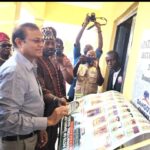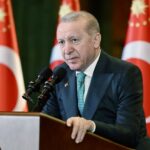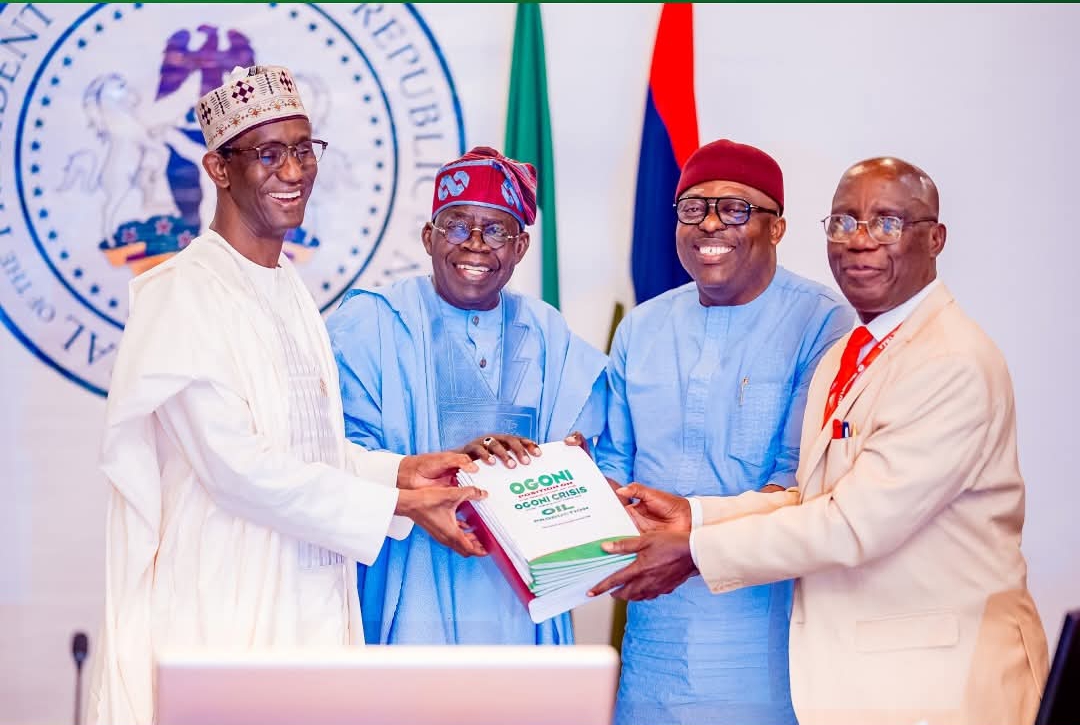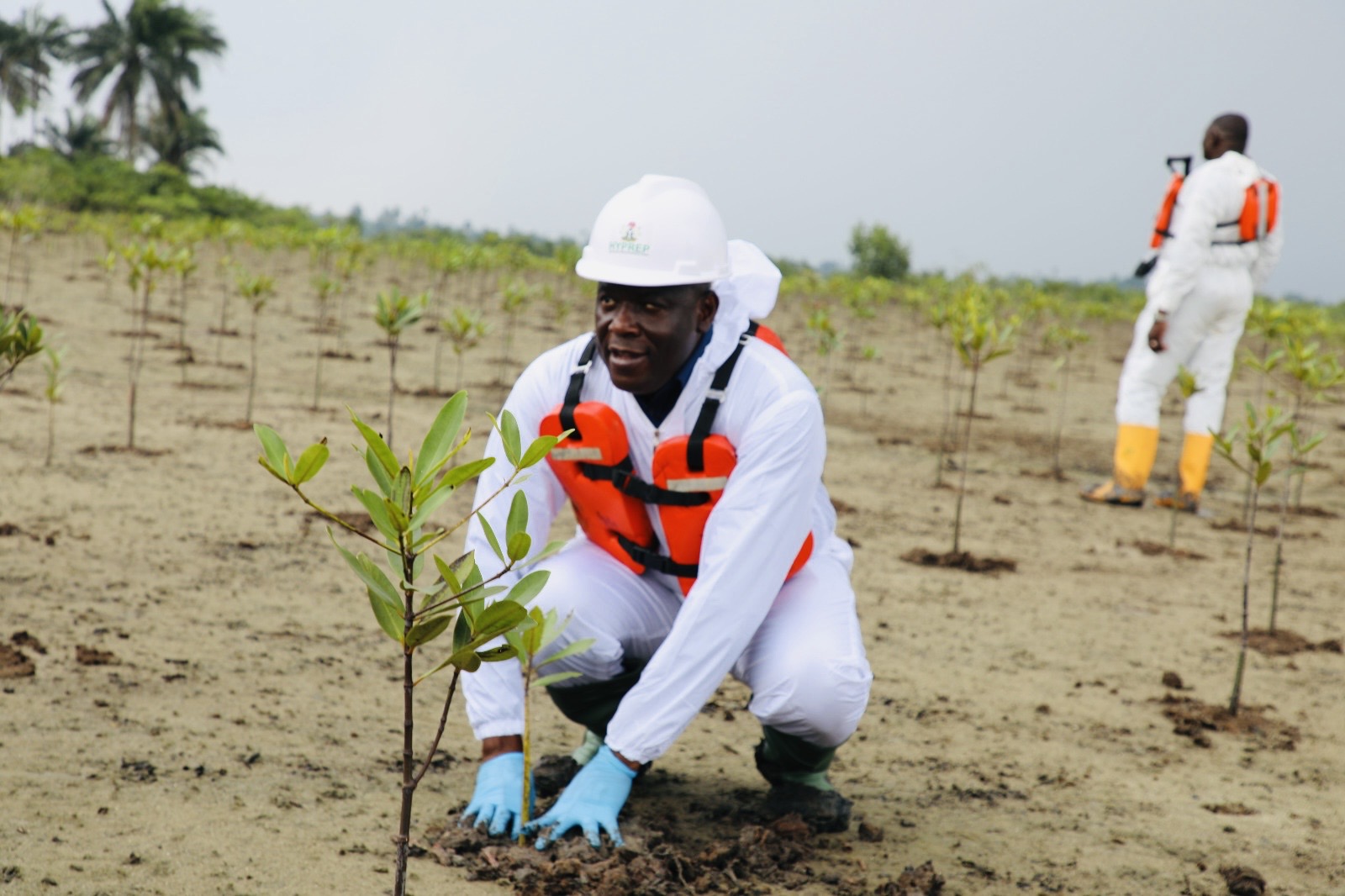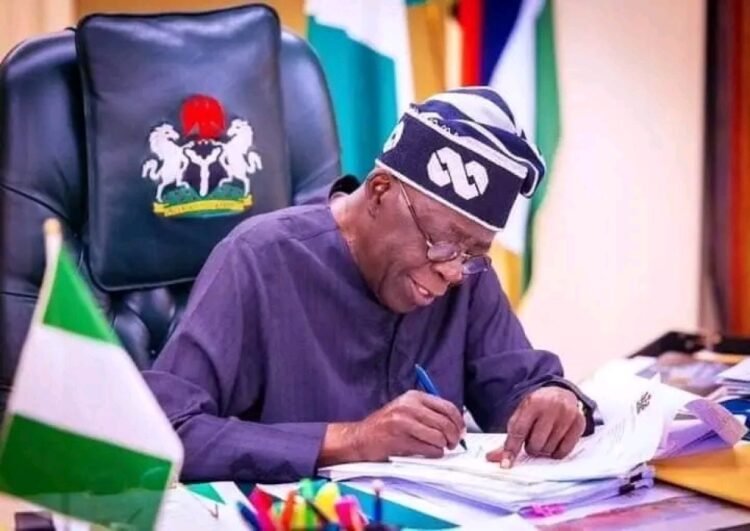Ogoni: Tinubu directs NSA to engage stakeholders on resuming oil operations
By Muhyideen Jimoh President Bola Tinubu has directed the National Security Adviser (NSA), Nuhu Ribadu, to begin engagement with Ogoni communities, NNPCL, and stakeholders to finalise restarting oil operations. The President stated this on Wednesday, at the Presidential Villa while receiving the report of the Ogoni Consultations Committee.Continue Reading





